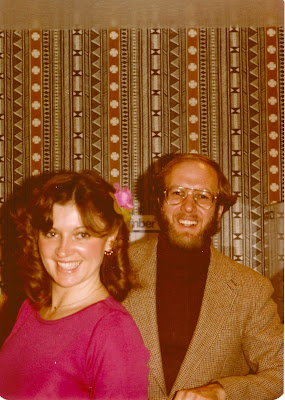Millennials are the generation born from the early 1980's to early 2000. My two daughters are Millennial. The largest and most diverse population in the United States, they came into adulthood after a protracted period of economic downturn. Unlike the way their baby-boom parents were raised, who often flourished in a benign-neglect sort of way, they were focused on with intensity.
They were raised to think about what they would want to do for the rest of their lives, not what job would help them to keep up with the Joneses. Their parents, on the other hand, did just that.
One of the more interesting statistics to come out is that Millennials actually like their parents. This generation often chooses to live close to parents and families. 23% actually reside with parents now. One reason can be attributed to the job market, and corresponding downward pressure on salary and benefits, but not all of it. Millennials are close to their parents. They like and get along with them. Extended families are "in."
They are an optimistic group, despite the myriad of problems they face. Shaped by technology, they share more easily than other generations. They are creative and work better in teams and groups. They are not religious. They tend to identify more as Seekers. (Which is right up my alley, having always been one.) What is weird, is that they are less sexual - yes, you read that right. Despite all the sex we see on television, they are less sexually active. They are also marrying later in life.
This group will fix our institutions, government, and infrastructure. They will redesign education.
Why do I think they will accomplish all of these things? Because each successive generation deals with the problems (or solutions) of the previous generation. Once we finally get out of their way, both politically and in the job market, they'll go about their business. They'll work with Generation X, who tend to be no-nonsense task masters, and they'll figure it out.
One word that continues to pop up in conversations with my Millennials, and may actually define their generation is sustainability. Unlike previous generations, they are less likely to own their own home, and they often prefer living in urban settings.
So, they may live with us in our big houses now, but when they think about their own home, it is not a McMansion.

















